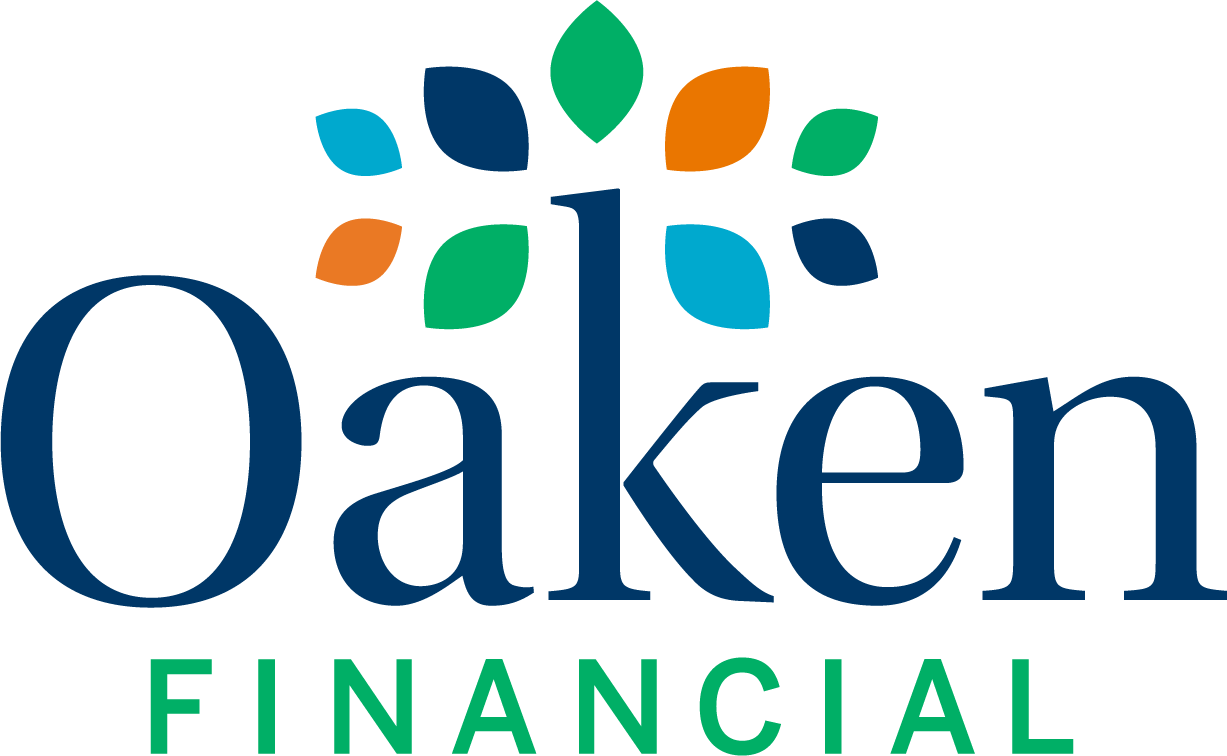Sustainable investing was once a relatively fringe investment style, but now it’s a significant part of how Canada’s national pension plan is managed. Here’s an overview of what you should know about sustainable investing.
Although definitions of “sustainable” can vary, most mutual funds and pension plans that pursue sustainable investing analyze companies based on environmental, social, and governance criteria, or ESG for short.
Environmental criteria can include issues such as carbon use, pollution, and clean water. Virtually every company has some degree of environmental impact, from the obvious heavy industries to the not-so-obvious white-collar executives racking up air miles.
Social criteria can touch on things like employee wellness, impact on communities, and presence in conflict regions. Keep in mind that ESG issues are usually considered not only at the head office level, but throughout a company’s entire global supply chain.
Governance criteria generally relate to how a company is run, from its code of conduct and the diversity of its board of directors, to its quality of risk management and history of run-ins with regulators, lawmakers and tax authorities.
Many investment managers or ESG rating agencies will score companies based on dozens or hundreds of individual criteria within these three categories.
Investing through a sustainable lens
In the past, sustainable investing was sometimes criticized as a feel-good effort that came at the expense of investment returns. While there is still some debate around this point, there are compelling reasons behind its move into the mainstream.
For one thing, the approach has changed. In the early days, “exclusion” strategies were popular, which meant forbidding entire industries, such as tobacco, alcohol or weapons. Today, most portfolio managers use a more forgiving “integration” strategy, which permits a wider range of businesses as long as they exhibit suitably progressive practices. As a result, performance trade-offs appear to be diminishing.
At the same time, many of the biggest companies are becoming more sustainable by choice. Sustainable investing is taking on a double meaning, as business leaders increasingly realize that strong ESG scores not only help sustain our shared environment and social fabric, but also their long-term profitability.




 Saving strategies
Saving strategies